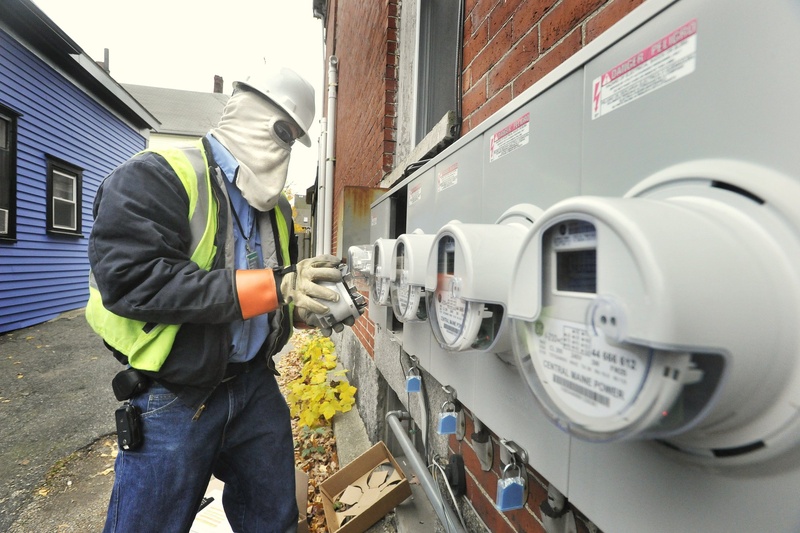The debate over the installation of “smart” electric meters comes down to a question of proof and who should have to provide it.
A small but vocal number of people who say they are sensitive to and sickened by radio waves want to stop the program of replacing traditional meters with ones that can be read remotely — or at least opt out themselves. They say that they are suffering from headaches, insomnia and other symptoms and Central Maine Power Co. should have to prove that the devices are not to blame before they can be installed.
But no one can prove a negative. CMP has already produced scientific studies that say the level of radio waves released by the meters, less than that released by common consumer items like cell phones and microwave ovens, is safe. The Federal Communications Commission says emissions from the devices fall well within safety limits.
The Maine Center for Disease Control and Prevention presented a review of government research that found no link between the meters and the symptoms described by people who say they have “electromagnetic sensitivity.” The company has provided its proof. Now the burden should be on the critics.
Smart meters are different from many other devices because no one has to use a cell phone or a microwave oven, but every electricity customer has to have a meter. In an era of ubiquitous wireless communications, however, it is overly simplistic to believe that one device is more responsible than all the others for exposure to radio waves.
If there is evidence — not unanswered questions or ambiguous research, but real evidence — that these devices cause health problems, the people who have it should present it. Until then, the best information available to industry and the government should prevail.
Opting out of the program should only be available to customers who are willing to assume the additional cost of having a company employee come to their house and read their meter. It would be unfair to spread those costs out among other electric customers who have the smart meters.
There is a public benefit to smart meters that comes from their being less expensive to use. That keeps electric prices lower for all customers, and could eventually enable conservation programs that let consumers track their electric use, and adjust their behavior to save.
Until the critics can produce some proof, this program should be allowed to move forward.
Send questions/comments to the editors.



Comments are no longer available on this story